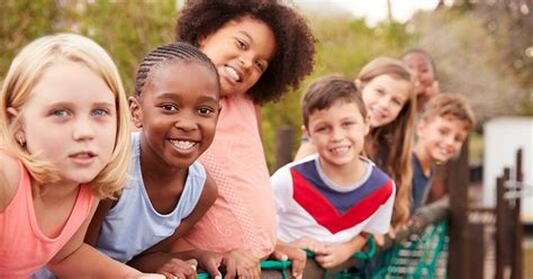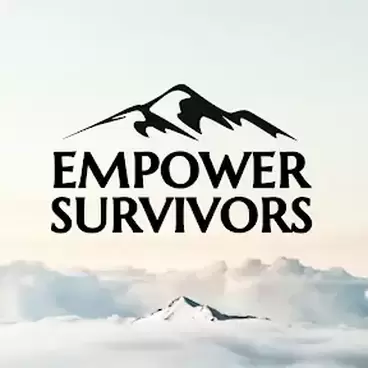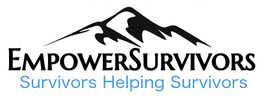|
Yesterday I had the pleasure of talking with a foster mom out of Kentucky who is fostering several teens with childhood sexual abuse histories. We had a great discussion on why she became a foster parent, her decision to take in children that were sexually abused, and how we need systematic change. It was wonderful to hear her heart and the passion she has for children that are now in the foster care system, specifically children that were sexually abused. I was so glad to have a conversation on our current foster care programs here in the United States and can say in our short discussion I learned a lot. I have known for years our foster care programs needed real education when it came to early childhood traumas but learned yesterday that many foster parents fear taking a child that has been sexually abused and raped. Many children that are sexually abused will not go to good foster homes due to foster parents worrying about the child offending another child and maybe leary of all the issues that may come up in a child's life when abuse is where they came from. It is true fostering a child with an abuse history is challenging but I think it is worth noting that these kids need help more than ever. As I listened to this foster mom my heart was warmed knowing that there are wonderful foster moms like herself that are willing to take on the challenge and provide safe, loving homes to kids that have suffered so much. At the same time, my heart dropped knowing that a lot of these kids will be passed over simply for being sexually abused by people they may have loved and trusted. As a child being abused many will suffer the effects of the abuse for years to come. Most children however will not go on to sexually abuse others although it is true that many perpetrators had abuse in their childhoods. Most of us that have sexual abuse in our past go on to be great individuals with loving hearts. This is one reason why some survivors stay silent. This thought that those who were abused will be predators creates more shame and will silence many which only perpetuates the epidemic of childhood sexual abuse. I am looking forward to having this foster mom as our guest and having a discussion on the Conversations with Elizabeth program in June 2022. If you are a foster parent or thinking of becoming a foster parent this may be one program you want to tune in to so you can be more informed and join in the conversation. Thank you to all the great foster care parents that are providing safe spaces for children and facing all the battles that go along with taking in a foster child. These kids are worth it and with your love and support, they can go on to live the lives they deserve. FosterCare Statistics There are more than 424,000 children and teens in the Foster Care System nationwide, and every single one deserves a chance at happiness, belonging, safety and love. ( IFoster Blog) The median age of children in foster care is 6 ½ years old. ( IFoster Blog) 20,000 youth age out of the foster care system between the ages of 18 – 21 annually without having found a forever family, leaving them to fend for themselves. ( IFoster Blog) The foster care system underinvests in foster children, contributing less than 50% of what it costs an average American family to raise a child from 0 to 17 years of age. ( IFoster Blog) Within four years of aging out, 50% have no earnings, and those who do make an average annual income of $7,500.After a foster youth age out, homelessness and unemployment become a huge issue. Despite there being more than 34 million entry-level jobs nationwide, many foster youths aren’t prepared to be independent and don’t have the skills or resources needed to access the opportunities that could launch them into employment. ( Family Preservation Foundation) 22% of children had three or more placements during a length of 20 months in foster care. ( Family Preservation Foundation) A Foster youth is less likely to graduate from high school. ( What To Become) At least 40% of foster children have learning difficulties. Which makes sense as they are dealing with trauma. ( What To Become) Foster kids get suspended and expelled from school three times more often than other children. According to foster youth education statistics, children in foster care have different needs and backgrounds than their peers. Many of these children come from abusive households, making them prone to erratic behavior that ultimately leads to suspension or more severe disciplinary measures. ( Partners For Our Children) One out of four foster care kids shows signs of post-traumatic stress disorder. PTSD, also known as a post-traumatic stress disorder, is a huge issue when talking about foster children. Research has shown that at least 25% of the overall number of foster youth in the US suffer from this mental health condition. ( Partners For Children) EmpowerSurvivors is a 501c3 nonprofit that supports survivors of childhood sexual abuse.
Find out more at: www.EmpowerSurvivors.net
0 Comments
|
Archives
May 2024
Categories
All
|




 RSS Feed
RSS Feed